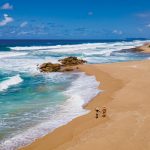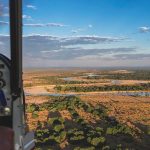El Mukuka Debuts Zebra
A Celebration of Two Cultures
House music, while still not the most popular or commercially successful genre in Zambia, has grown immensely over the last few years, garnering a fervent fan base of music lovers from different backgrounds; this fan base cuts across race, gender and class. If you’ve ever been to a house music show, you’ll know that the crowd’s diversity is unmissable.


Eleftherios Mukuka (better known as El Mukuka), one of Africa’s fastest-rising DJs and a proud Zambian export, released his debut album entitled Zebra, promoting and exemplifying diversity and unity in June of this year.
While the title speaks to how house music embraces people from different backgrounds, Zebra is much more personal for El Mukuka as someone who exists as black and white, Greek and Zambian. Black, through his Zambian father and white, through his mother, a Greek woman. Zebra acknowledges and celebrates El Mukuka’s two contrasting yet interlinked identities. It’s about embracing and celebrating his African and European heritage.
Though El Mukuka is in a great place in his career right now, his story isn’t one of overnight success though it may appear that way to those observing from afar. The house DJ started producing hip-hop music in his bedroom as a teen after listening to the likes of Dr Dre, Red Man, Eminem, Erick Sermon, 50 Cent and 2Pac. He fell in love with electronic music at age 18, when he was pursuing a degree at the prestigious Berklee College of Music in Boston, Massachusetts. His time at Berklee, however, was cut short because he lacked adequate financial aid. Because of this, he had to drop out halfway through his music degree.



“I’m a fighter,” El Mukuka tells me during our conversation at a popular Lusaka restaurant where we caught up over coffee. With a crazy schedule, which included travel and rehearsal for the Zebra pre-album launch party at Alliance Française of Lusaka, El Mukuka was a hard man to pin down, so I was grateful for the chance to sit down and have a candid conversation with him. He tells me about his journey to his debut album and the battles he has had to wage to get to where he is.
“I’ve been fighting for my career since I was a teenager,”
he told me with absolute conviction in his voice. “I fought to get into music school, which was a big miracle. I found kids there that were way more talented, but God somehow allowed me the opportunity to get in. When I returned to Zambia, not long after dropping out of music school, I got a job as a sales agent working for Pepsi while pursuing my music on the side. In 2016 I released my song ‘Bottle of Loneliness’, which opened doors for me and gradually made it possible to get into music full-time. From 2016 onwards, real growth started for me; the journey has just been getting bigger and better with every new year.”
While El Mukuka’s career was on the rise, there were setbacks. He was signed to Sony Music Africa in 2018 off his track ‘Weight of the Sun’ but only briefly, as he had to part with the label abruptly. He also lost friends in the industry; these were people he thought were trustworthy but worked behind his back to block opportunities for him. Despite all this, El Mukuka didn’t stop moving forward and spreading his message of unity, good vibes, and positivity through his music. No matter the adversity or obstacles he faces as an artist in an ever-changing industry with many politics around it, whether in Zambia or abroad, El Mukuka believes strongly in the concept of “failing forward.” He doesn’t believe in hitting dead ends but instead learns from his mistakes and modifying his strategy. In ‘Simple Things,’ a song featured on Zebra El Mukuka quotes a famous speech from Denzel Washington that he gave at Pennsylvania University in which he says: “If you don’t fail, you’re not even trying.”
We discussed the album and the artist’s El Mukuka worked with to make it a reality. Zebra boasts a diverse roster of featured artists, such as Adekunle Gold, Gaz Mawete, Abel Chungu and Karyendasoul. “Regarding features, there’s this misconception that I don’t work with Zambian artists,” El Mukuka shares. “That’s bogus! I’ve always and will always work with Zambian artists. What usually happens is when people don’t see me working with the people they want me to work with, they criticise me – yet the credits on my album have so many Zambian names, from vocalists to instrumentalists. Most Zambian pop stars don’t fit in with the kind of music I’m trying to make. I’m more drawn to artists on the folk side, such as Mumba Yachi and James Sakala, who both feature on the album. I can’t forget Kreative Nativez and Sebastien Dutch, who alongside me are the main driving forces of house music in Zambia and are both featured on my album,” he continues. “I also have some of Zambia’s best instrumentalists like Sam Nyambe of the Crazy Fish band and David Andish, an extraordinary guitarist. David Andish plays on over half the album.”
Of all the names of incredible Zambian artists that feature on the album, there’s one El Mukuka mentions with a different kind of reverence, Marocco, whom he cites as one of Zambia’s best but most underrated vocalists.



Fans who attended the Zebra pre-album launch party at Alliance Française can testify to how much of an unforgettable journey the album takes you on. The album experience was elevated as El Mukuka surprisingly performed all the songs with a live band, with himself performing on a grand piano and on the decks. Songs like ‘Bosana’ and ‘No Wasted Time’ got reggae and kalindula renditions that had the crowd riled up as they sang along enthusiastically.
Zebra gives insights into where El Mukuka is headed as an artist while paying tribute to where he comes from. It celebrates his sound, which graciously merges African and European cultures. It is also the culmination of 10 years of making electronic music. Since the Zebra pre-launch party in April, El Mukuka has gone on tour in Warsaw, Ibiza, Madrid, Oberhausen (Germany), Johannesburg, Lusaka and Kampala. He officially released Zebra on June 23rd.



